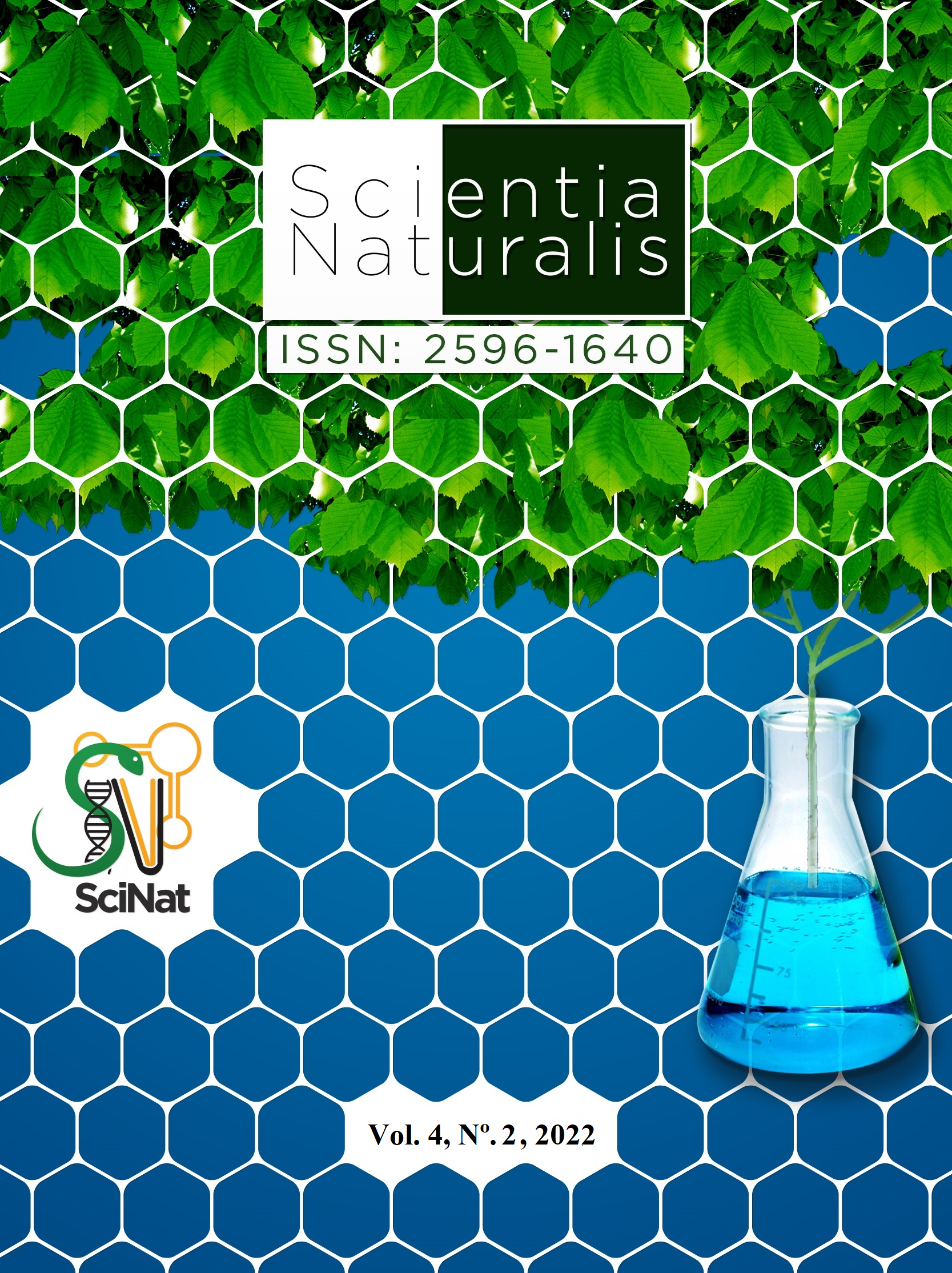The medical students’ self-medication: a systematic review
DOI:
https://doi.org/10.29327/269504.4.2-20Abstract
Self-medication is a public health problem, defined as the selection and use of drugs to treat symptoms and self-reported diseases without the advice of a health professional qualified for a particular function. This practice has inherent risks and causes serious health consequences. This is a systematic, descriptive, analytical and reflective review. The descriptors 'Self-medication' and 'Students' were used. Of the 505 articles found, 11 were selected at the end. A total of 3,294 medical students were studied, with a slight predominance of females, aged less than 25 years and income greater than 10 minimum wages. motivators, headache, flu-like symptoms and myalgia were reported. The main drugs used were analgesics and non-steroidal anti-inflammatory drugs. There was a higher prevalence of self-medication in the medical course as the course progressed. The main drugs used were those that do not require a medical prescription to be purchased. The main adverse effects were nausea, vomiting and dizziness.




